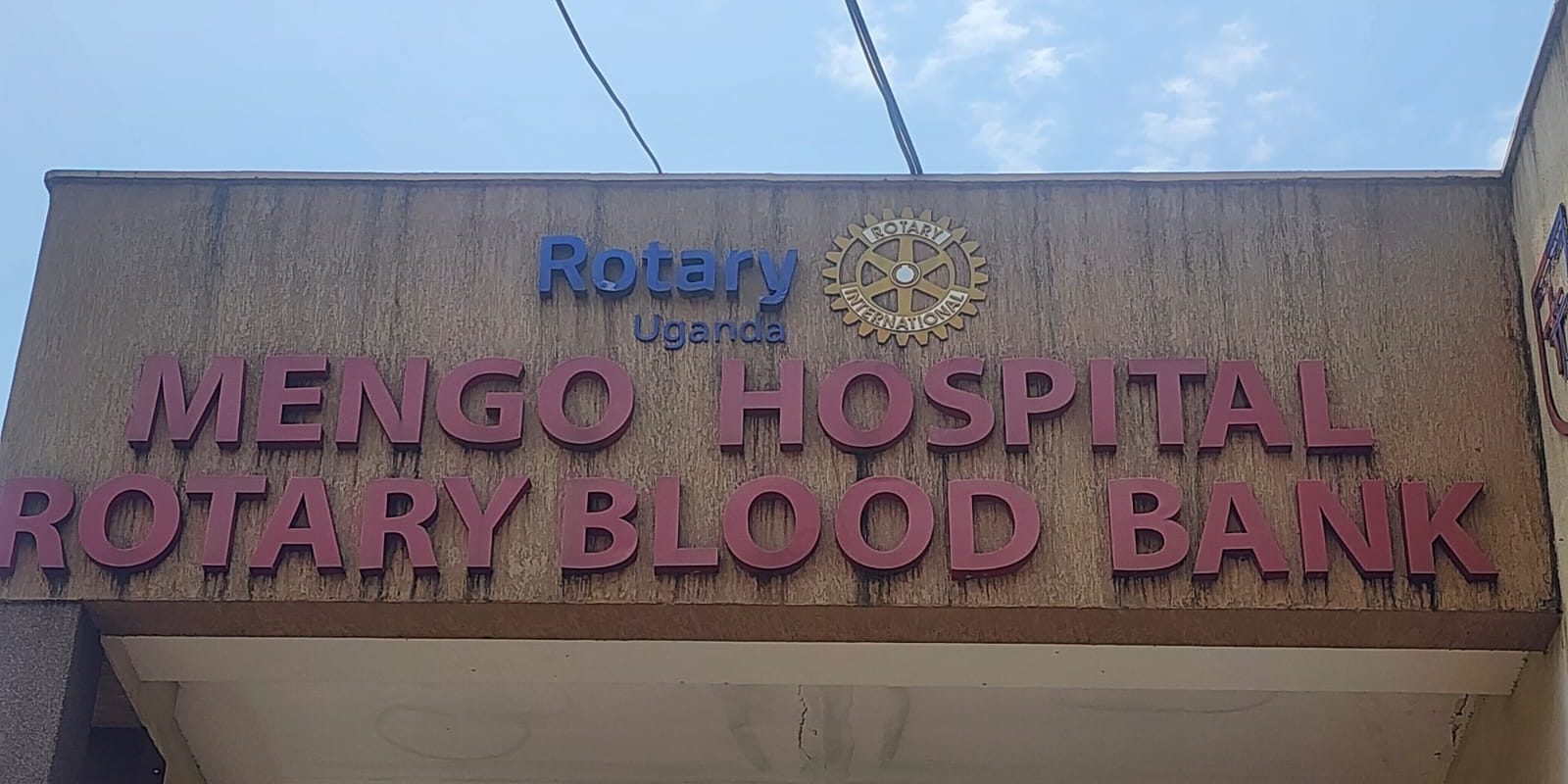By Rose Muasya
When was the last time you donated blood?
Or perhaps you needed blood but couldn’t find any unless you rallied relatives to donate?
Across the border in Uganda, our neighbors have embraced digital tools to aid in blood donation, revolutionizing the way they approach this critical issue.
In Uganda, a WhatsApp group has been created to help people with rare blood types easily find matches. This innovation is just one aspect of the country’s growing efforts to use technology to bridge the gap in blood donation.
According to Emmanuel Atajja, a Laboratory Technologist at the Rotary Blood Bank at Mengo Hospital in Kampala, technology is playing a key role in reaching potential donors and improving communication. “We are creating a system that can reach people who may want to donate blood when it’s needed, making it predictable where one can get it,” Atajja says.
This initiative is part of a broader response to Uganda’s blood shortage, where at least 100,000 units of blood are needed each year. The Rotary Club of Uganda has constructed a blood bank at Mengo Hospital, collaborating with the national blood bank to ensure continuous collection and storage of blood for facilities across the country.
The national blood bank currently collects around 250,000 units annually, but 350,000 units are required to meet demand. Atajja notes that they are addressing only 40% of the gap in collection and dispatch, with seasonal shortages, particularly towards the end of the year, when student donors—who form a significant portion of the donor pool—are on school break.
To address this shortage, the Rotary Blood Bank is engaging communities, churches, and schools, alongside other institutions, to raise awareness and encourage blood donation. Schools play a pivotal role in these efforts, with students receiving individualized results and support for their donation programs.
Atajja highlights that a significant challenge is the lack of knowledge about the benefits and frequency of blood donation. “What we see in the communities is that people only donate blood when they have a relative in need, mobilizing family members to donate,” he says. However, there are many personal health benefits to donating blood, including preventing conditions such as high hemoglobin levels, which can lead to serious health issues.
Blood donation also helps in the production of new bone marrow cells and regulates iron levels in the body. Additionally, screening donated blood allows donors to learn their HIV, Hepatitis B, and C statuses, among others, helping them make informed decisions about their health.
Atajja explains that before a transfusion, rigorous compatibility tests are done to ensure that recipients do not react to the blood they receive. Donors, he adds, must be physically, mentally, and emotionally healthy, and free from chronic illnesses or sexually transmitted infections. Those found with infections are placed on treatment, and once healed, they may be eligible to donate again.
The Rotary Blood Bank supports research and data collection related to blood transfusion, collaborating with researchers studying diseases like HIV, Hepatitis, and syphilis among donors. They also assist cancer patients, who are among the largest groups in need of blood products, such as platelets, frozen plasma, and whole blood.
To further boost blood donation, the Rotary Club has launched various initiatives, including printing banners and brochures, opening donation clubs in schools and universities, and engaging media to raise awareness. They also conduct community outreach through mobile teams that bring donation drives directly to the people.
The increased donor participation has, however, created a storage challenge, with the Mengo Blood Bank reaching full capacity. Atajja reveals that the Rotary Club is seeking a Global Grant from Rotary International to expand the blood storage facilities and alleviate this bottleneck.
Dr. Richard Kalungi Kirumira, a medical doctor and Rotary Club member, adds that the Rotary Club of Uganda is actively seeking support to grow the facility and establish another blood bank to handle the increased blood donations. The Rotary District in Uganda began the Rotary Blood Bank initiative under past District Governor Emmanuel Katongole, and it has since gained support from various partners and organizations.
With over 100,000 units still needed to meet the demand for blood, Uganda’s embrace of technology and community engagement is paving the way for a more sustainable and efficient blood donation system. The efforts of the Rotary Club and other stakeholders are helping ensure that life-saving blood is available to those in need.

